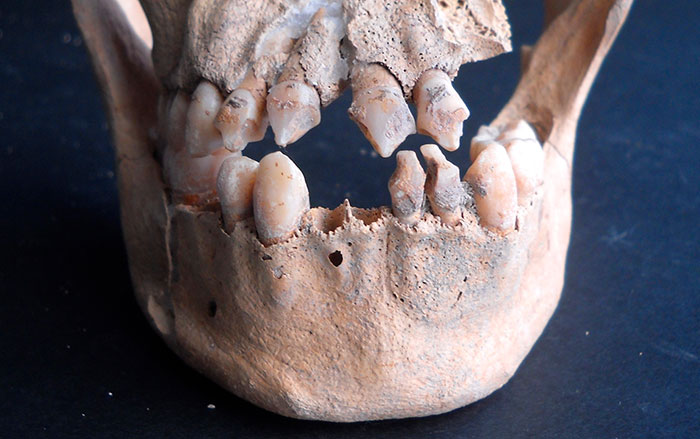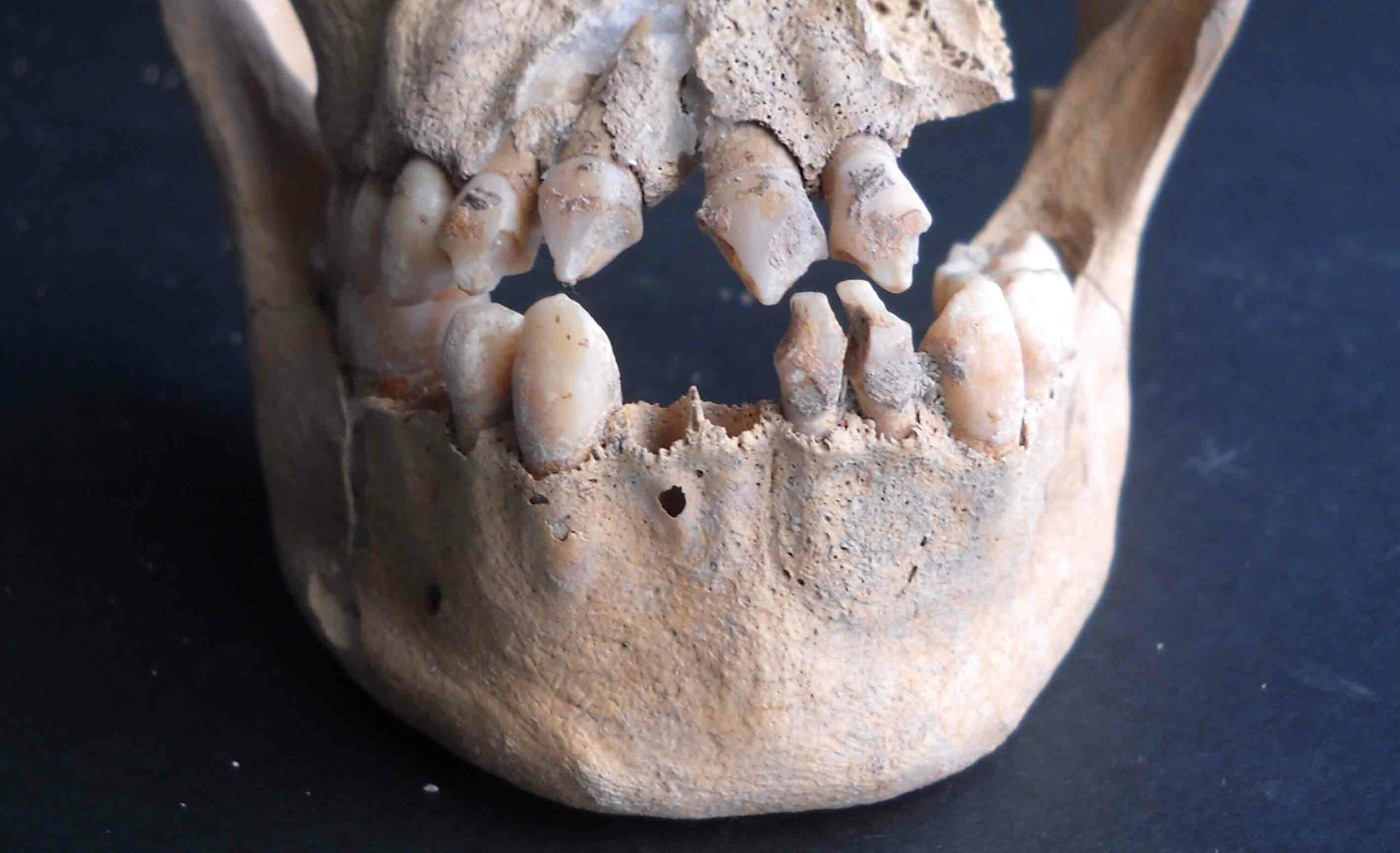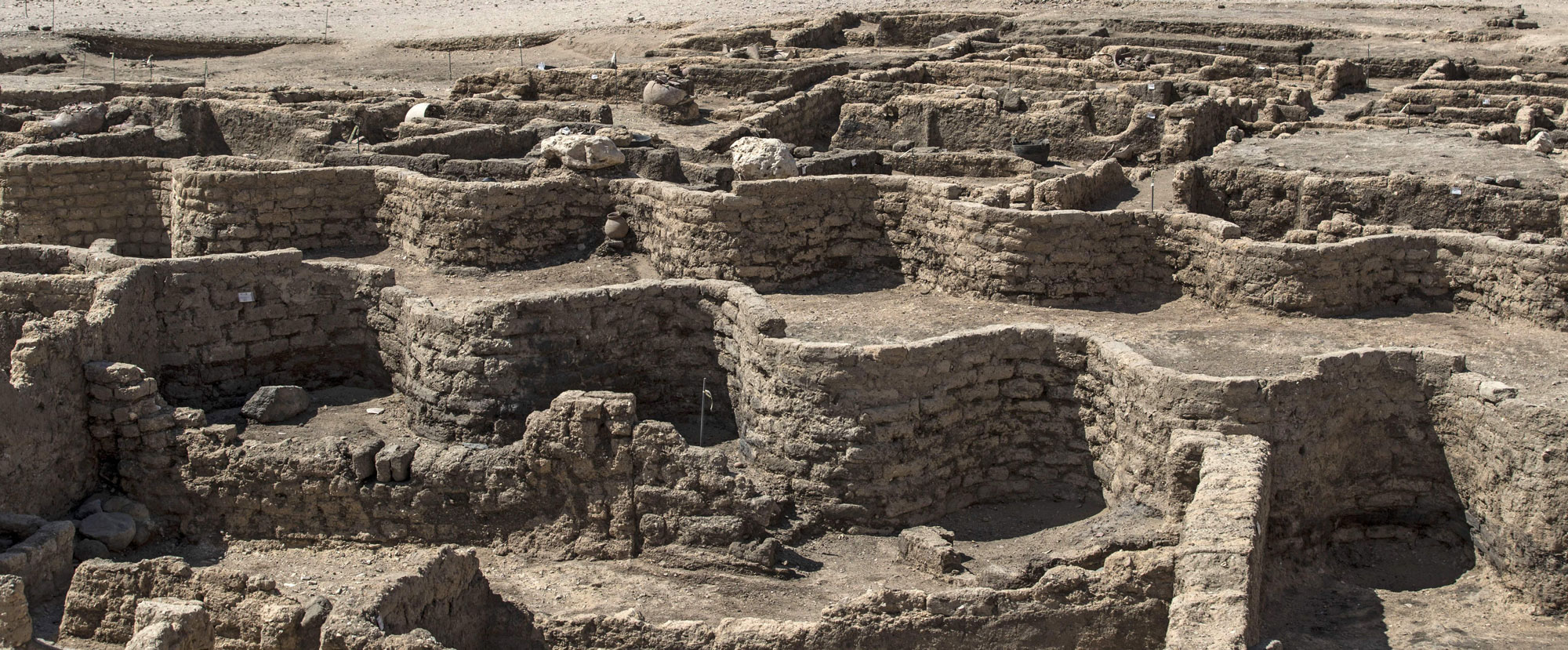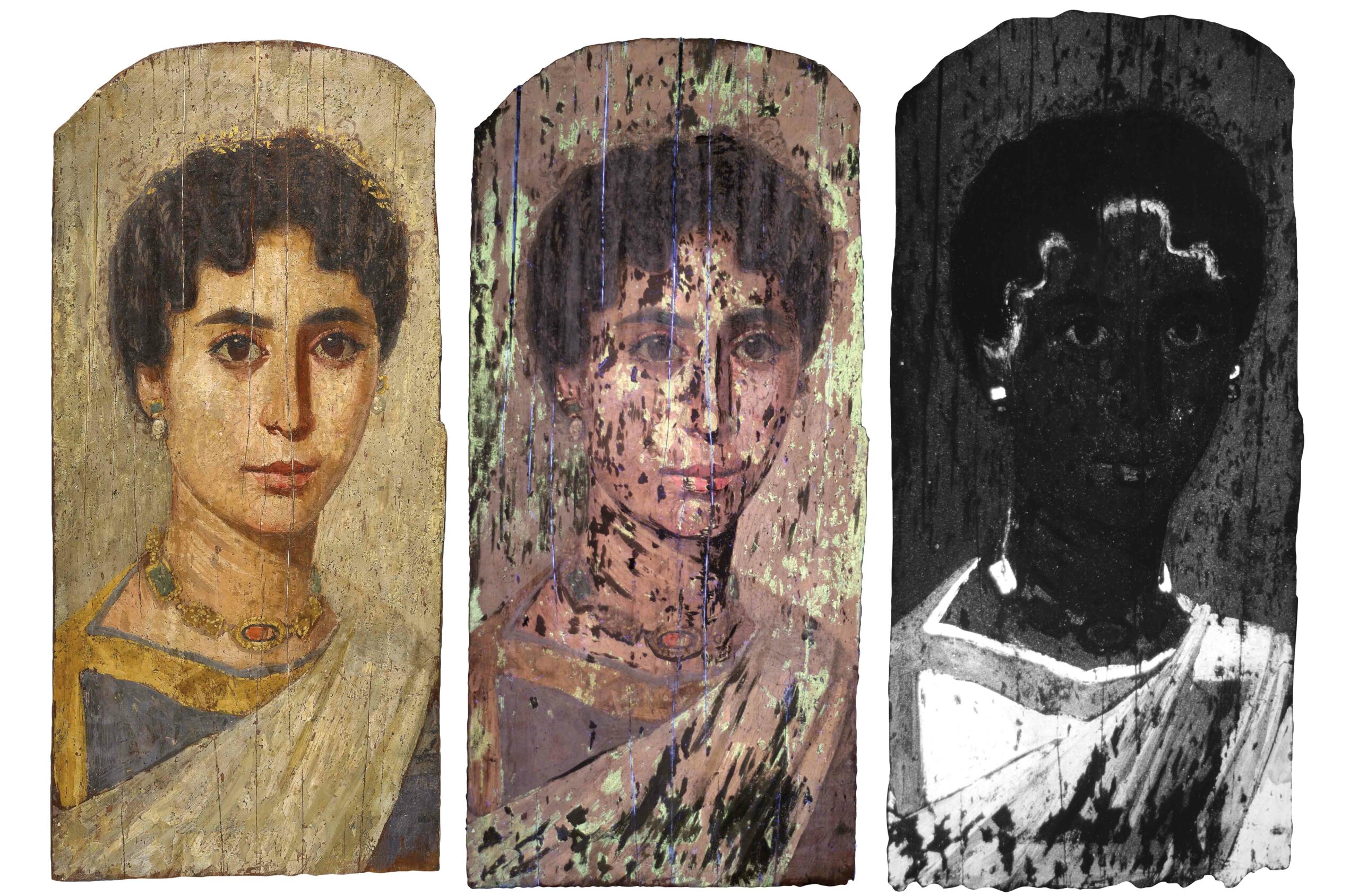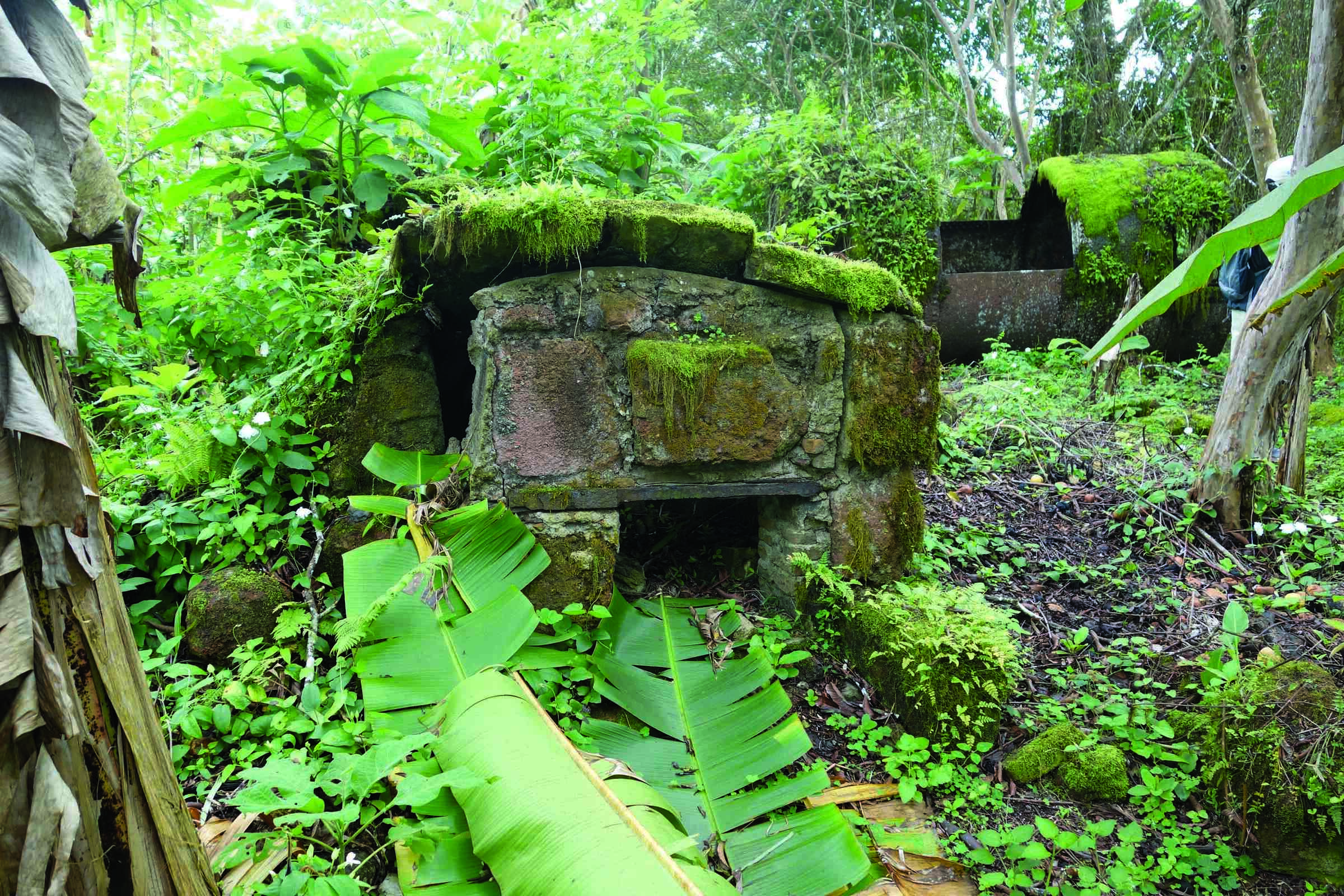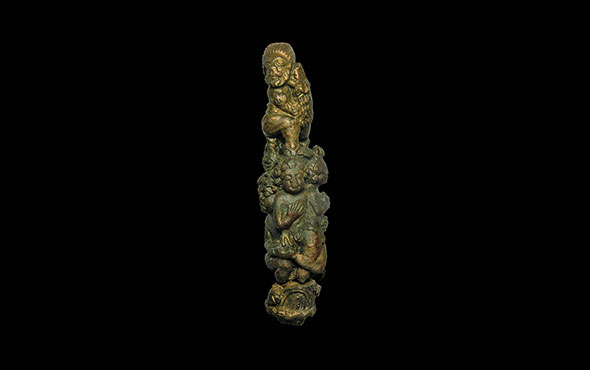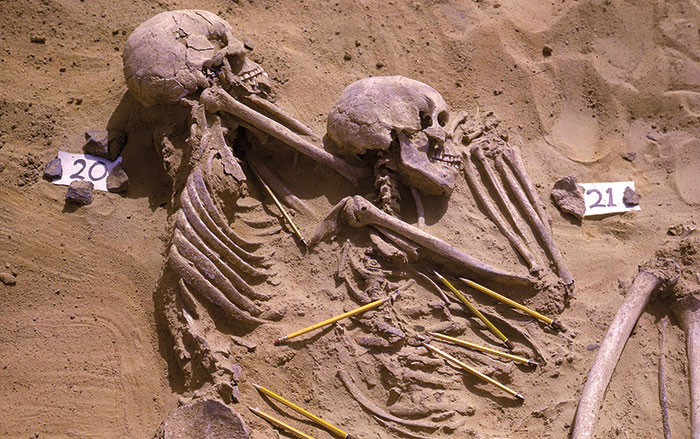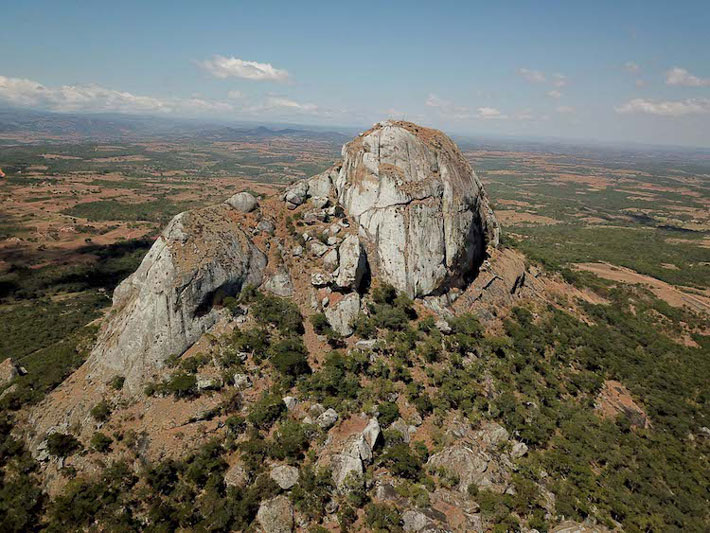
HOUSTON, TEXAS—According to a statement released by Rice University, an international team of researchers analyzed DNA samples that they collected from six individuals who lived in eastern and south-central Africa between 18,000 and 5,000 years ago, and already published genetic data of 28 African hunter-gatherers who lived as early as 8,000 years ago. The researchers also obtained additional DNA samples from 15 of these individuals for additional study. Then the scientists calculated the genetic variation in present-day San hunter-gatherers living in southern Africa, Mbuti hunter-gatherers living in central Africa, and Dinka herders and farmers who live in northeastern Africa, and compared the results with the ancient DNA. The study suggests that some 50,000 years ago, mixing occurred among widespread human groups, including a population unknown in the fossil record, as reflected in artifacts in the archaeological record, such as stone tools and beads. These connections may have helped people to survive the last Ice Age, explained anthropologist Mary Prendergast of Rice University. Then, some 20,000 years ago, the genetic study indicates that people traveled less, perhaps because established networks allowed goods and information to flow between groups, added Elizabeth Sawchuk of the University of Alberta and Stony Brook University. Read the original scholarly article about this research in Nature. For more, go to "Herding Genes in Africa."



